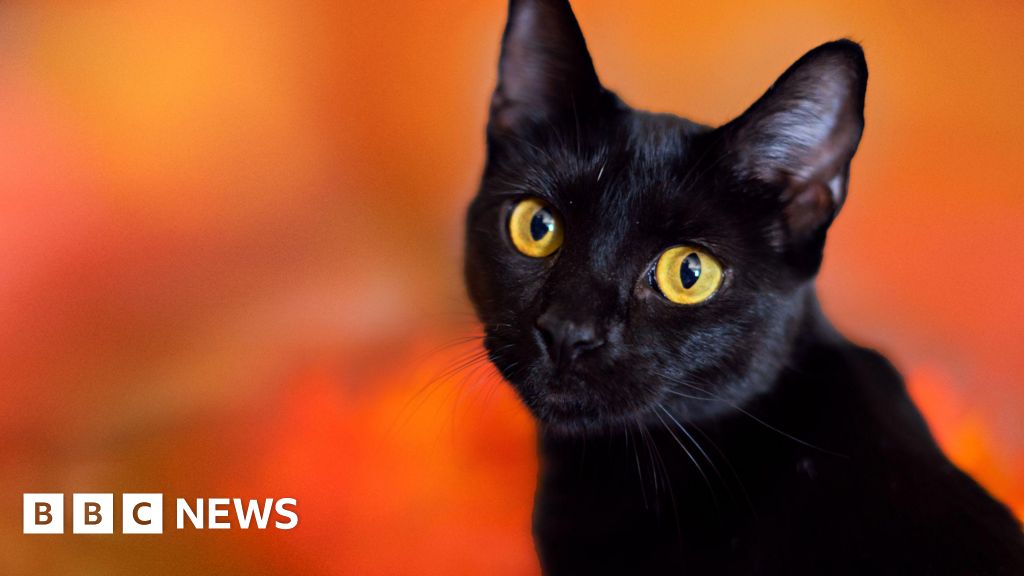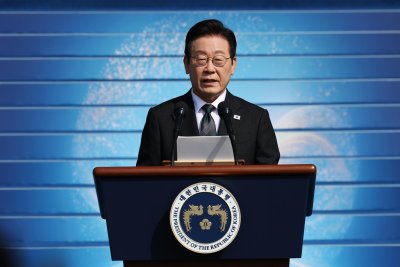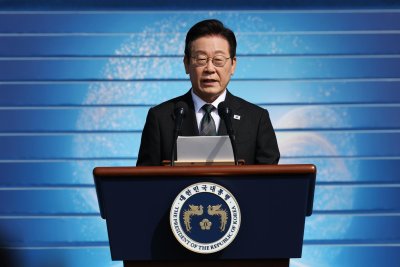Catalonian town bans black cat adoptions during Halloween
The Spanish town of Terrassa in north-eastern Catalonia has temporarily banned the adoption of black cats from animal shelters to prevent potentially sinister “rituals” during Halloween.
All requests for the fostering or adoption of the felines will be denied from 6 October to 10 November to protect them from being hurt or used as props, said the local animal welfare service.
Deputy Mayor Noel Duque told broadcaster RTVE that adoption requests for black cats usually increase around Halloween.
While black cats are often associated with witchcraft and seen as bad luck in Western culture, many other cultures, including Japan and Egypt, see them as symbols of prosperity and fortune.
Terassa’s city council said there had been no record of cruelty towards black cats in the town, however there have been incidents in other areas and the decision was taken after warnings from animal welfare groups.
“We try to prevent people from adopting because it’s trendy or impulsively. And in cases like these, which we know exist, to prevent any macabre practices,” Duque said.
Terrassa is home to more than 9,800 cats, according to local authorities, and the town’s adoption centre houses around 100 felines, 12 of which are black, the Catalan News Agency reported.
The city council emphasised that the measure is “temporary and exceptional” and represents an extra precaution for animal welfare, but did not rule out repeating the ban in the future.
Exceptions during the ban period will be assessed individually by the adoption centre and normal fostering requests will resume after Halloween.


